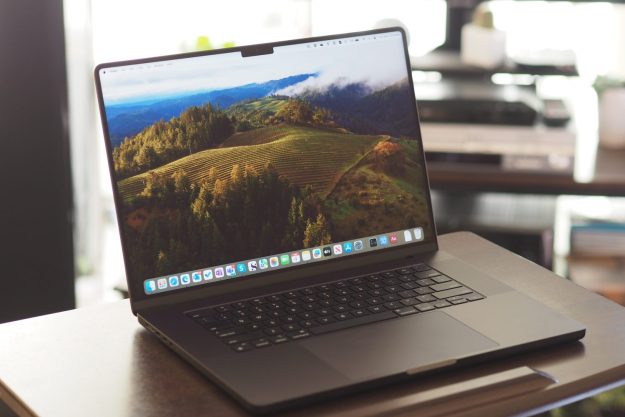The Paris Civil Court has ruled that Google Books violated the French copyrights of two publishers, and must stop scanning French works for its Google Books book digitization project and pay some €300,000 to French publisher La Martiniere, which brought the suit. Although the financial impact of the decision isn’t terribly significant to Google, the decision is the latest setback for Google’s plans to scan millions of books and make them available online to Internet users. Google Books has drawn consistent criticism from both publishers and libraries in the United States and Europe, although Google has been forging ahead with its digitization plans.

Google says it plans to appeal the French court’s decision, and believes that showing short extracts from copyrighted works via its Google Books service complies with copyright laws in both the United States and France. However, Google Books scans the books in their entirety—many of which are under copyright—and presents excerpts without permission from the publisher or copyright holders.
French publishers have hailed the decision, seeing it as corralling an increasingly-ambitious corporation trying to run roughshod over intellectual property concerns. The Google Books project has been likened to an Orwellian “Big Brother,” and according to one of the trade groups participating in the lawsuit, has already scanned more than 100,000 copyrighted French works.
Google maintains that Google Books performs a social good, and France may pay a price for barring its scanning of French works. “French readers now face the threat of losing access to a significant body of knowledge and falling behind the rest of Internet users,” said Google Books’ development director for France Philippe Colombet, in a statement distributed via email.
Negotiations with publishers and government agencies has led Google to to establish a Book Rights Registry for works published in the United States, the UK, Canada, and Australia; under the terms of the agreement, Google will pay for access to copyrighted works and try to find owners of so-called “orphan” copyright works which are still protected but for which owners are unknown.
French president Nicolas Sarkozy announced earlier this week that the country would put €750 million towards a national project to digitize French works.
Editors' Recommendations
- This laptop beats the MacBook Air in every way but one
- 5 web browsers you should use instead of Google Chrome or Edge
- The XPS 16 is fighting an uphill battle against the MacBook Pro
- Best Buy’s deal of the day is $150 off the MacBook Air M2
- You can still buy the M1 MacBook Air, and it’s cheaper than ever


